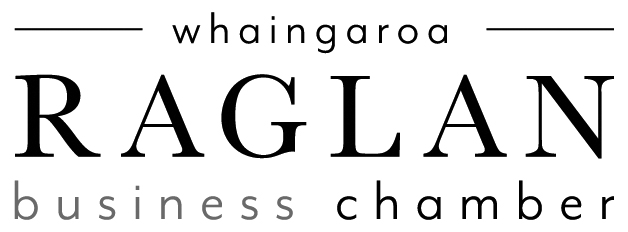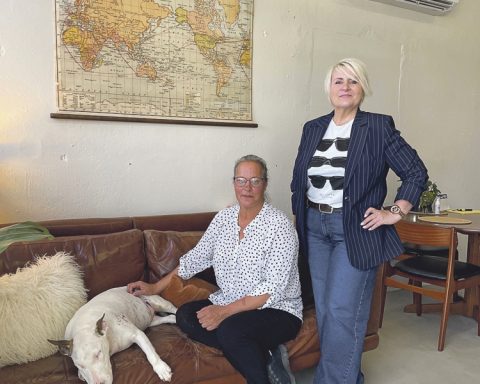Business.Govt.NZ has produced a fantastic resource to help you assess your business during challenging times. This checklist can assist you in:
Continuing to provide for your whānau and community
Staying operational and retaining your customers
Minimising financial losses
Adapting quickly to a changing environment
Additionally, it can help manage stress and create a better work-life balance. There is a downloadable resource that guides you through the checklist. You can complete the tasks from start to finish or select the ones that suit your business. Set yourself a regular reminder to complete it bit by bit over time.
Prepare a Business Continuity Plan
A business continuity plan (BCP) identifies the critical parts of your business and potential risks so that if something happens, you can recover as quickly and easily as possible. A BCP should be on your must-do list because it can:
Improve the likelihood that your business will survive
Attract potential buyers and investors
Give you and your staff confidence
A continuity plan is different from emergency planning. Emergency plans cover in-the-moment procedures during a crisis, like what to do if there is a fire at your workplace. A BCP covers how you’ll get core parts of your business up and running again after a disruption.
Make Sure You’re Insured
Getting the right insurance cover is critical to protecting your future as a business owner. Research shows that less than half of Kiwi businesses have taken out, updated, or reviewed business interruption or contents insurance. Insurance can compensate you or your business for losses. Remember to review your insurance needs at least once a year to keep up with your growth or other changes. For professional advice, you can contact an insurance broker or the Insurance Council of New Zealand.
Prioritising Your To-Do List
Planning for the future can feel overwhelming or like something you don’t have time for. Break this process down into bite-sized chunks by prioritising your tasks:
Identify key products or services
Note down your most profitable activity
Note down your least profitable activity
Note down what you really need for each activity, such as raw materials, a fully functioning website, or machinery
Consider how your business can prepare for the loss of something essential, for example, if your machinery stops working or your supply chain is disrupted
Consider how your business could pause or stop your least profitable activity
Identify Key People and Connections
Identify who can run the business in your absence
Ensure emergency contact details are updated and kept handy
If you have staff:
Note down the key duties of all your staff
Identify whether your business relies heavily on one person for key tasks and plan for their absence
Consider whether your business can continue to run if some or all of your staff are absent
Plan for how you could get temporary staff at short notice
If you have suppliers or distributors:
Identify your key suppliers and plan for how you could continue the supply chain after a disruption
Identify your key distributors and plan for how you could continue to distribute your goods and services after a disruption
Cover Your Assets and Stock, and Have a Plan to Manage Your Debt
Create a cash buffer. Having enough money in reserve can help you avoid financial difficulties and handle unexpected situations. This might seem difficult at times, but creating a simple business budget and taking steps to forecast your cash flow can help. A budget can help you keep track of your financial situation and give you the confidence to make important decisions that affect your business. A budget can help you prepare for and identify:
When and where to cut costs
Opportunities to reinvest in your business
Forecasting when money will come in and out will help you plan for the future, including how to expand and grow without overstretching your resources.
Build Strong Relationships
Strong relationships are not built in a day. They are something you work on daily by interacting with your customers, suppliers, and staff (if you have any). If things go wrong or times get tough, they are more likely to be understanding and remain loyal if you have already built a strong foundation with them. Create a plan to build strong relationships with your staff, suppliers, and customers.











